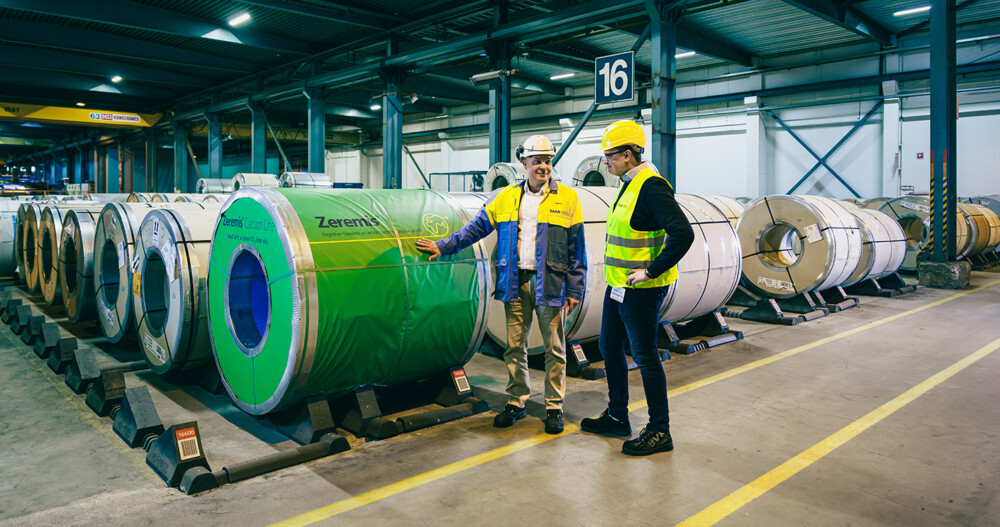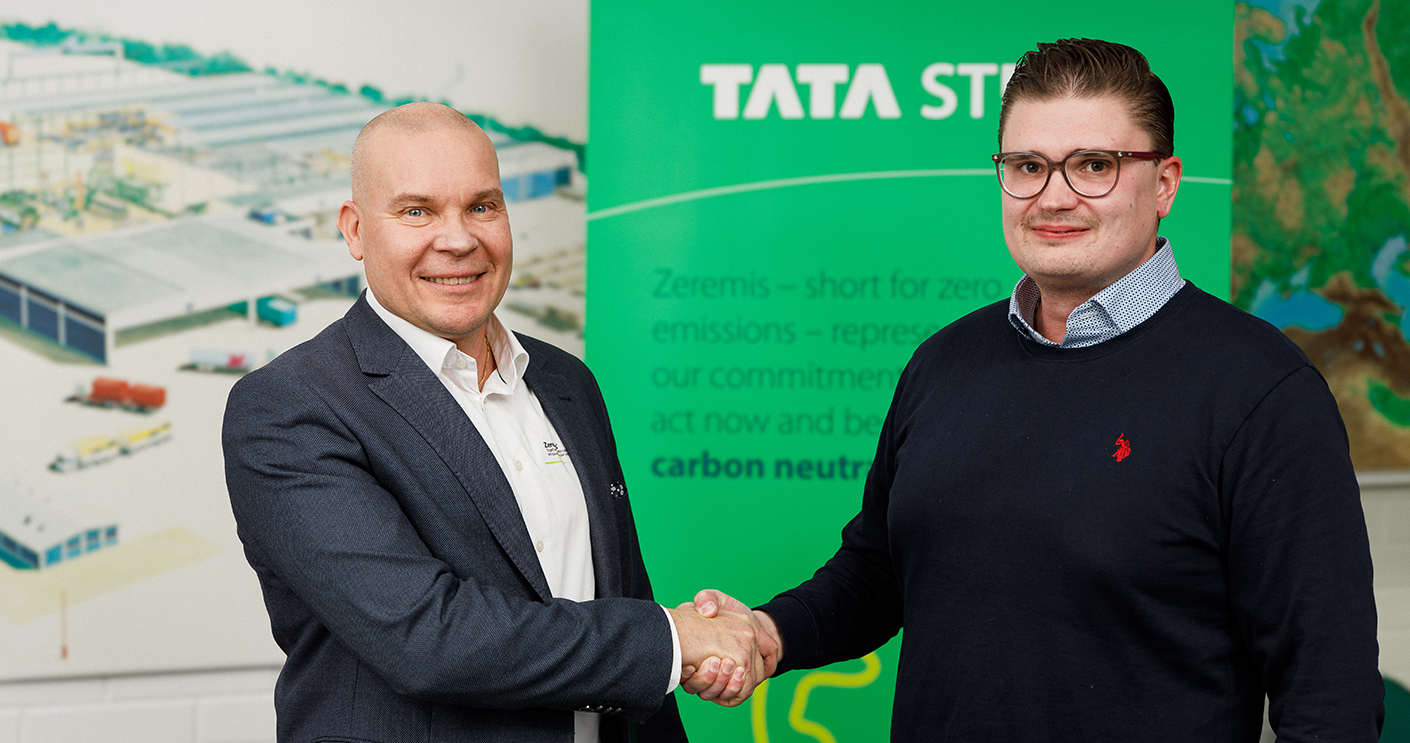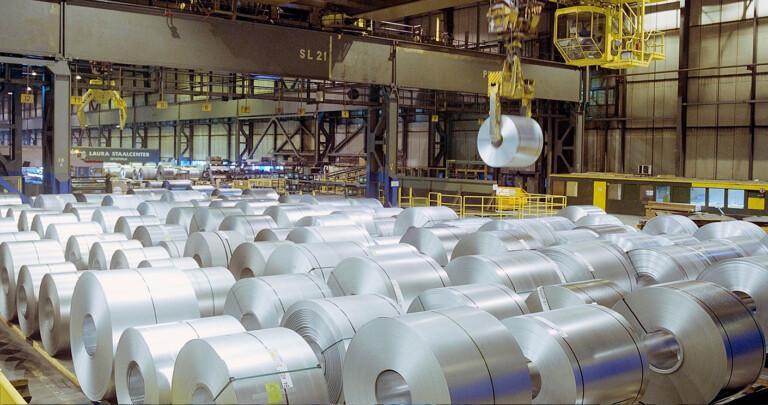Meconet has signed a Memorandum of Understanding (MoU) with Tata Steel Nederland joining forces to tackle climate change and enable Meconet’s customers to significantly reduce their carbon footprint.
Meconet will be the first Finnish company to utilize Zeremis Carbon Lite, CO2-reduced steel, in the production of components, contributing to the decarbonisation of their customers value chain.
Meconet, like Tata Steel, feels a strong responsibility to tackle climate change with its customers through sustainable sourcing. The company has set ambitious targets, resulting in the signing of the MoU and the delivery agreement for the currently available Zeremis® Carbon Lite, a steel with an allocated carbon footprint reduction of up to 90%1).
Juuso Virtanen, Procurement Director at Meconet said “For Meconet, this agreement on immediate sustainable actions is an important step in our decarbonisation journey, where we aim to lead. It also strengthens our excellent partnership with Tata Steel.”

In 2025 Tata Steel starts to supply Zeremis Carbon Lite, enabling the Tata Steel-Meconet supply chain to reduce emissions significantly from now on. Also, the transport from the Naantali Steel Service Centre will be on a low carbon base using the Zeremis Delivered low carbon transport option.
Ilpo Maaranen, Director of Tata Steel Naantali Steel Service Centre, said, “For us, this agreement confirms our hard work with our customers on this decarbonisation journey, taking responsibility for a better world.”
Zeremis Carbon Lite – a flexible solution
Tata Steel Europe is Europe’s second-largest steel producer and leading producer of steel in demanding qualities. Their Zeremis concept (Zero emissions) enables individual actors to reduce their carbon footprint in their own production in different fields. The Zeremis Carbon Lite product is a flexible solution, where one can decide how much emissions they want to reduce by a certified insetting based carbon reduction programme.
Tata Steel Nederland is committed to becoming a clean, green, and circular steel producer, aligning its objectives with the European and Nordic industries’ push to reduce climate impact. By 2030, Tata Steel aims to cut its CO2 emissions by 40 % and achieve carbon neutrality by 2045. To reach these goals, the company will implement innovations like Direct Reduced Iron combined with Electric Arc Furnace technology. Additionally, Tata Steel plans to increase its use of recycled steel to approximately 30 % of its total annual production by 2030.
Jaap Jan Aardenburg, Marketing Manager, said: “Our expanding Zeremis portfolio is resonating strongly in the market and helping our customers reduce emissions now. The agreement with Meconet reinforces this.”
1) This is the maximum reduction for the sum of scope 1, 2 and 3 emissions. For the sum of scope 1 and 2 emissions, this represents a 100% reduction.
Greenhouse gas emissions are categorised into three groups or ‘Scopes’ by the GHG Protocol. Scope 1 covers direct emissions from owned or controlled sources. Scope 2 covers indirect emissions from the generation of purchased electricity, steam, heating and cooling consumed by the reporting company. Scope 3 includes all other indirect emissions that occur in a company’s value chain.

Blog
Reduce Your Company's Carbon Footprint with Low-Carbon Steel
The Earth is warming at a dangerous pace impacting us all. Carbon dioxide emissions must be significantly and rapidly reduced. So we must act now. Meconet, along with its partner network, is now offering its customers the opportunity to impact their own CO2 emissions through the use of low-carbon steel.
Read more

